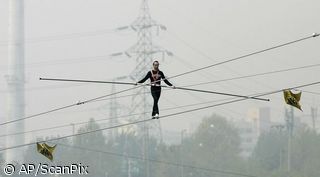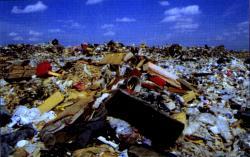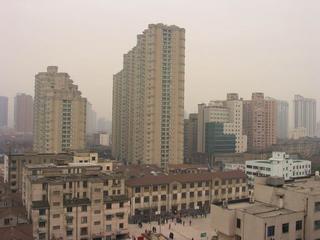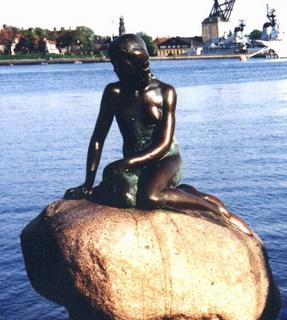The success of future services will rely on building customer confidence.
Published:
27 March 2001 y., Tuesday
Many leading companies with an interest in the field have formed an alliance called Radicchio. The aim is to produce a standard for cross-platform, end-to-end encryption (the translation of data into a code that requires a secret key or password) for security. Known as PKI (Public Key Infrastructure), it comprises a two-part data encryption/ decryption key. One part is available for distribution to companies supplying services, while the other is kept privately by the user, much like the PIN number for a credit card.
Mike Walker, chief scientist for Vodafone, chairman of the 3GPP (Third Generation Partnership Project – the standardisation forum for 3G mobile systems) Working Group SA3 (Security) and a member of the Radicchio board says that PKI is vital to ensure that mobile e-commerce does not suffer from the same degree of distrust as has fixed-access Internet trading.
Other solutions do exist for these technologies. WAP has a built-in security feature, but it only encrypts data between the handset and the gateway to the Internet. This means that any data sent beyond this point could be read by anyone with the means to intercept it. Some companies, in partnership with banks and traders, have set up Virtual Private Networks (VPNs), so that customers can carry out secure transactions and pass sensitive data without using the public part of the World Wide Web. However, the service is only available from those companies that have signed up with a VPN. This may be fine for banks and their customers, but in the long run it will not deliver the freedom to trade with whomever one wishes on the public Web.
Šaltinis:
cebitnews.com
Copying, publishing, announcing any information from the News.lt portal without written permission of News.lt editorial office is prohibited.
The most popular articles
 Moon bears pierced with metal tubes to extract an ingredient used in medicine have been saved from captivity in China.
more »
Moon bears pierced with metal tubes to extract an ingredient used in medicine have been saved from captivity in China.
more »
 Georgian acrobat Ramaz Garshaulishvili is trying to revive interest in the circus by demonstrating his rope walking skills.
more »
Georgian acrobat Ramaz Garshaulishvili is trying to revive interest in the circus by demonstrating his rope walking skills.
more »
 The latest trend for New Yorkers who are low on storage space - storing clothes in the oven and kitchen cupboards.
more »
The latest trend for New Yorkers who are low on storage space - storing clothes in the oven and kitchen cupboards.
more »
 Around the world 10 million people live in refugee camps - more than the population of several small European Union countries combined.
more »
Around the world 10 million people live in refugee camps - more than the population of several small European Union countries combined.
more »
 On World Press Freedom Day on 3 May the Commission will officially launch the Lorenzo Natali Prize for 2010.
more »
On World Press Freedom Day on 3 May the Commission will officially launch the Lorenzo Natali Prize for 2010.
more »
 What was once some of Albania's most beautiful coastline has been turned into toxic dumping grounds. Deborah Lutterbeck reports.
more »
What was once some of Albania's most beautiful coastline has been turned into toxic dumping grounds. Deborah Lutterbeck reports.
more »
 A set of two-square-metre capsule apartments in Beijing give struggling individuals a chance to have their own space.
more »
A set of two-square-metre capsule apartments in Beijing give struggling individuals a chance to have their own space.
more »
 The World Bank is adding its weight to efforts to save the world's endangered tigers.
more »
The World Bank is adding its weight to efforts to save the world's endangered tigers.
more »
 The statue of the Little Mermaid that has sat atop Copenhagen's harbour for nearly a hundred years is unveiled at the Shanghai World Expo.
more »
The statue of the Little Mermaid that has sat atop Copenhagen's harbour for nearly a hundred years is unveiled at the Shanghai World Expo.
more »
 Beijing city officials have come up with a novel way to combat the stench of the city's growing rubbish tips.
more »
Beijing city officials have come up with a novel way to combat the stench of the city's growing rubbish tips.
more »